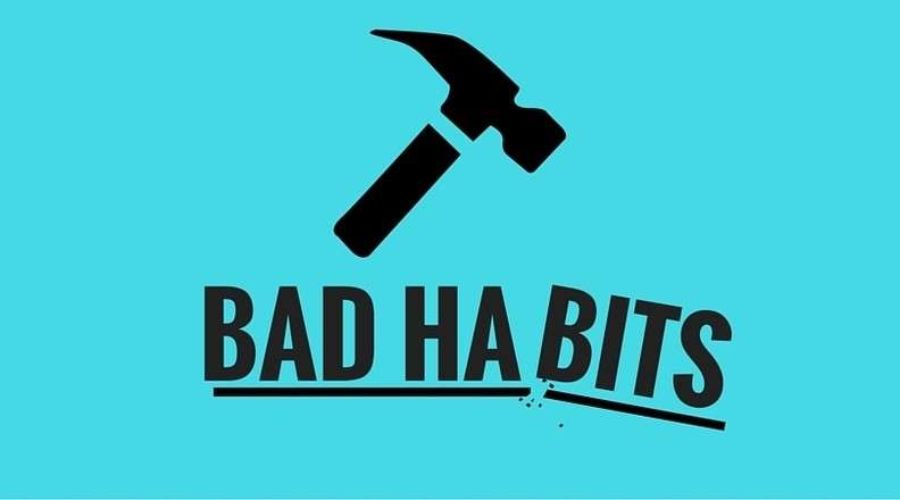 |
Direction of Monetary Policy in Nigeria Beyond 2007 |
The current monetary policy framework is based on the targeting of bank reserves as operating target with monetary aggregates as intermediate target. The ultimate objective is to influence the general level of prices - inflation.
Monetary targeting implied by the current practice was considered adequate as a result of the level of development of the financial system. In most industrialized economies, monetary framework in predicated on short term interest rate, set by the central bank to influence financial conditions and ultimately, aggregate demand.
On the other hand, where financial markets are not well developed, reserve requirements are applied along with controls on interest rate and credit allocation (Fry; 2000: 4). The CBN monetary policy framework and the instruments for monetary management have been fine-tuned over the years for more robust outcomes. The Bank has kept the conditions in the financial markets under constant surveillance and has applied measures considered appropriate to stem undesired effects.
Given the improvements in the monetary policy environment achieved in the last few years and also the need to consolidate improved inflation performance, the CBN may well be on its way to a new monetary policy framework which is direct inflation targets. The major argument for inflation targeting is that it is a better anchor for inflation expectations.
Also, the fact that monetary aggregates’ targeting suffers from a number of limitations, which include the stability of the money multiplier and velocity of circulation of money as well as the transmission path of monetary policy, makes it less likely to produce desired outcomes on a sustainable basis.
The major area of concern, however, is the commitment of the fiscal authorities to adhere in the future to prudent fiscal operations which will rule out financing by the banking system, especially the CBN. Current efforts aimed ensuring sustained fiscal prudence are encouraging and when institutionalized through the passage of the Fiscal Responsibility Bill, an enabling environment will be created for a more robust monetary policy.
An inflation targeting monetary policy regime will enthrone more transparency in monetary policy. It will make monetary policy more credible and help to anchor inflation expectation. Once it is understood that the CBN is committed to a particular level of inflation, the banks and non-public will act in concert to ensure its attainment.
However, if they do not believe the CBN, the anchoring of inflation expectation may be difficult. The CBN has demonstrated seriousness of purpose and credibility with the banking consolidation and the reform of the foreign exchange market.
Enjoy this article? Feel free to share your comment, idea or opinion in the comment section
Related Articles

|
Resilience - A Strategic Approach to Finishing Strong AlwaysSuccess is not just about how you start but also about how you finish. Whether it's the end of a month, quarter, or year, finishing strong is crucial for maintaining momentum and achieving long-term success. By adopting a strategic approach, you can consistently end each phase with confidence an [Read more]
|
Posted: 11 months ago |

|
The Power of Positive Words, Actions and ReinforcementThe general definition of the term WORD is to say something, name, express, command, order or instruct. ACTIONS simply put is how we act, react, operate or the effort we put in to do something. REINFORCEMENT could be summarised as what helps to build up or increase anything.
How d [Read more]
|
Posted: 13 years ago |

|
Break Bad Habits and Take Control of Your Life with these Practical Steps!Habits are common to everyone. It doesn’t matter who you are, your sex or background, we all have them. But the type of habit you have could be the difference between a great life, or one you have no control over.
When it comes to habits, in a nutshell, they fall into 2 categories – g [Read more]
|
Posted: 8 years ago |


